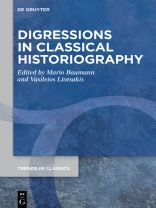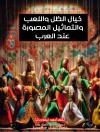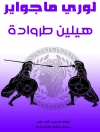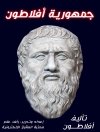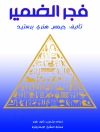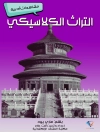Although digressive discourse constitutes a key feature of Greco-Roman historiography, we possess no collective volume on the matter. The chapters of this book fill this gap by offering an overall view of the use of digressions in Greco-Roman historical prose from its beginning in the 5th century BCE up to the Imperial Era. Ancient historiographers traditionally took as digressions the cases in which they interrupted their focused chronological narration. Such cases include lengthy geographical descriptions, prolepses or analepses, and authorial comments. Ancient historiographers rarely deign to interrupt their narration’s main storyline with excursuses which are flagrantly disconnected from it. Instead, they often ‘coat’ their digressions with distinctive patterns of their own thinking, thus rendering them ideological and thematic milestones within an entire work. Furthermore, digressions may constitute pivotal points in the very structure of ancient historical narratives, while ancient historians also use excursuses to establish a dialogue with their readers and to activate them in various ways. All these aspects of digressions in Greco-Roman historiography are studied in detail in the chapters of this volume.
Mengenai Pengarang
Mario Baumann, TU Dresden, Dresden, Germany;
Vasileios Liotsakis, University of the Peloponnese, Kalamata, Greece.
